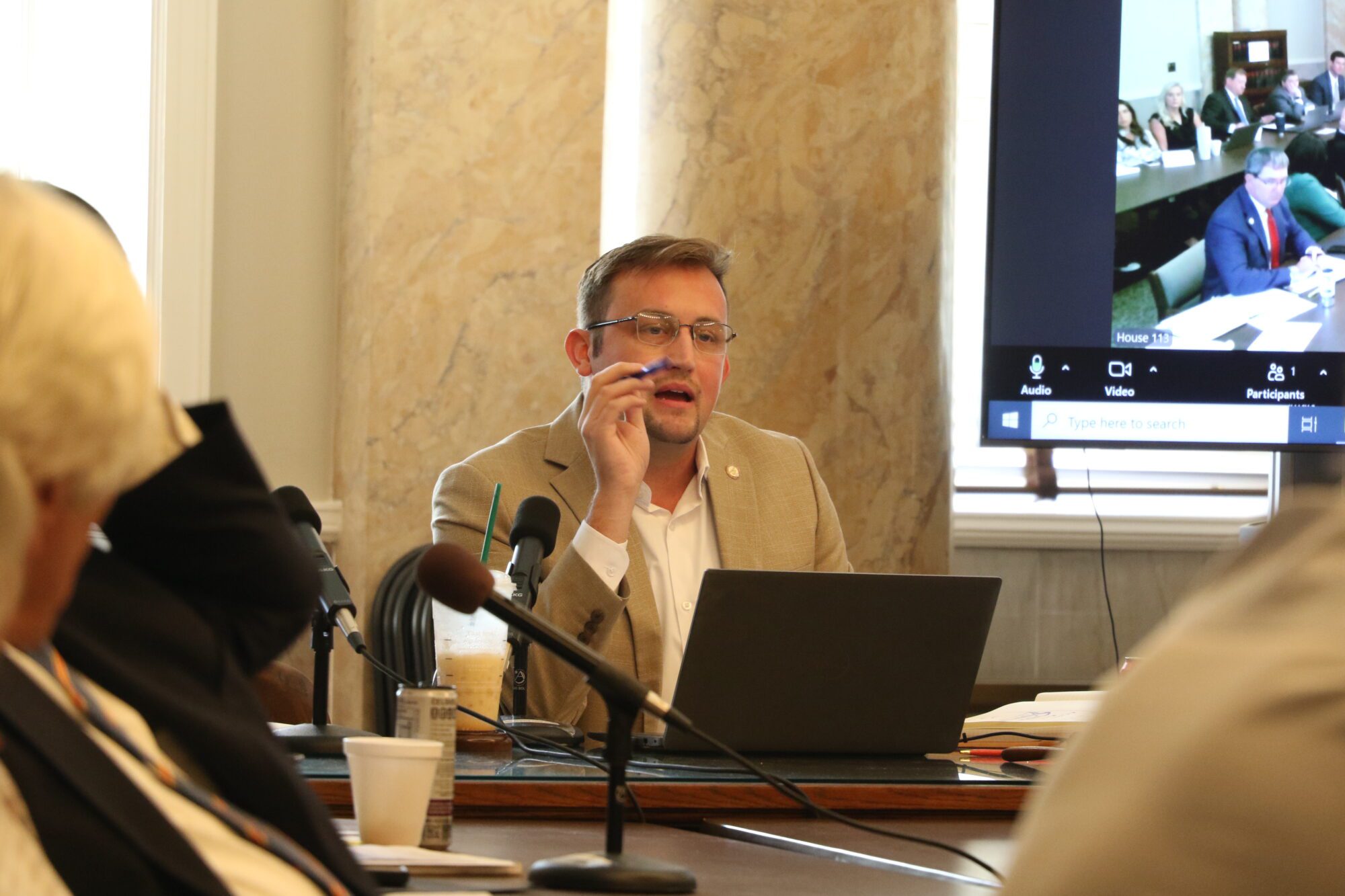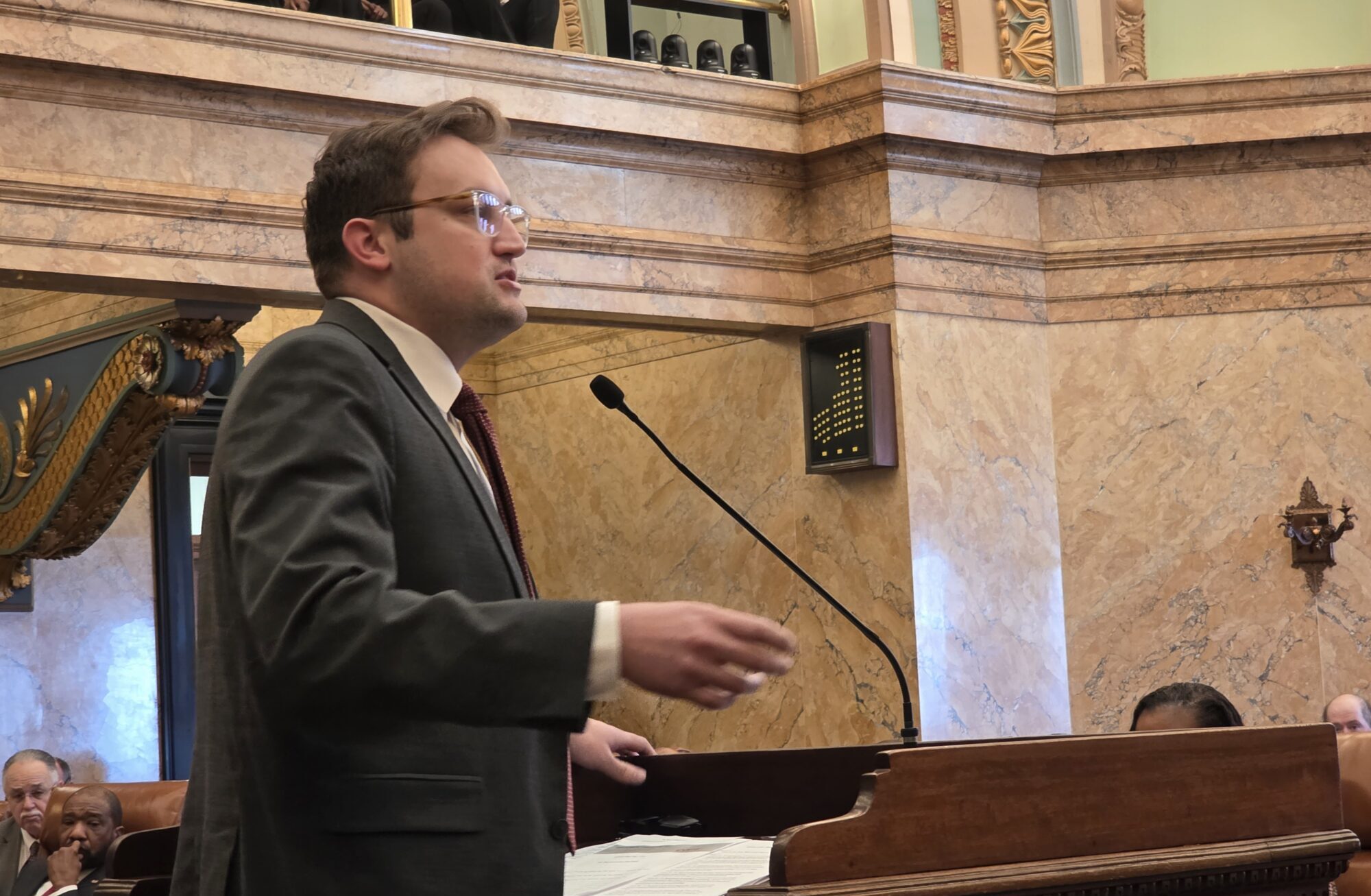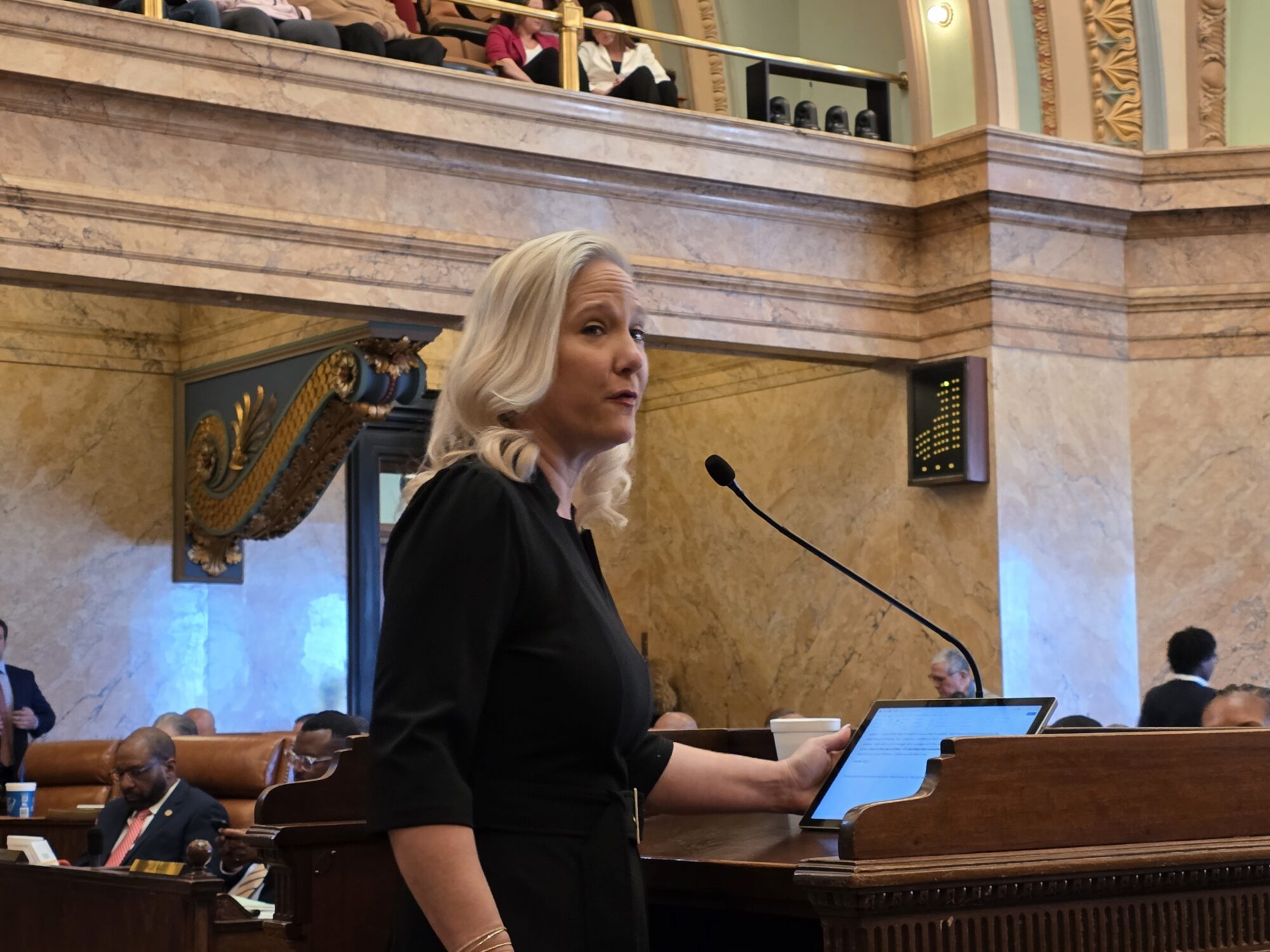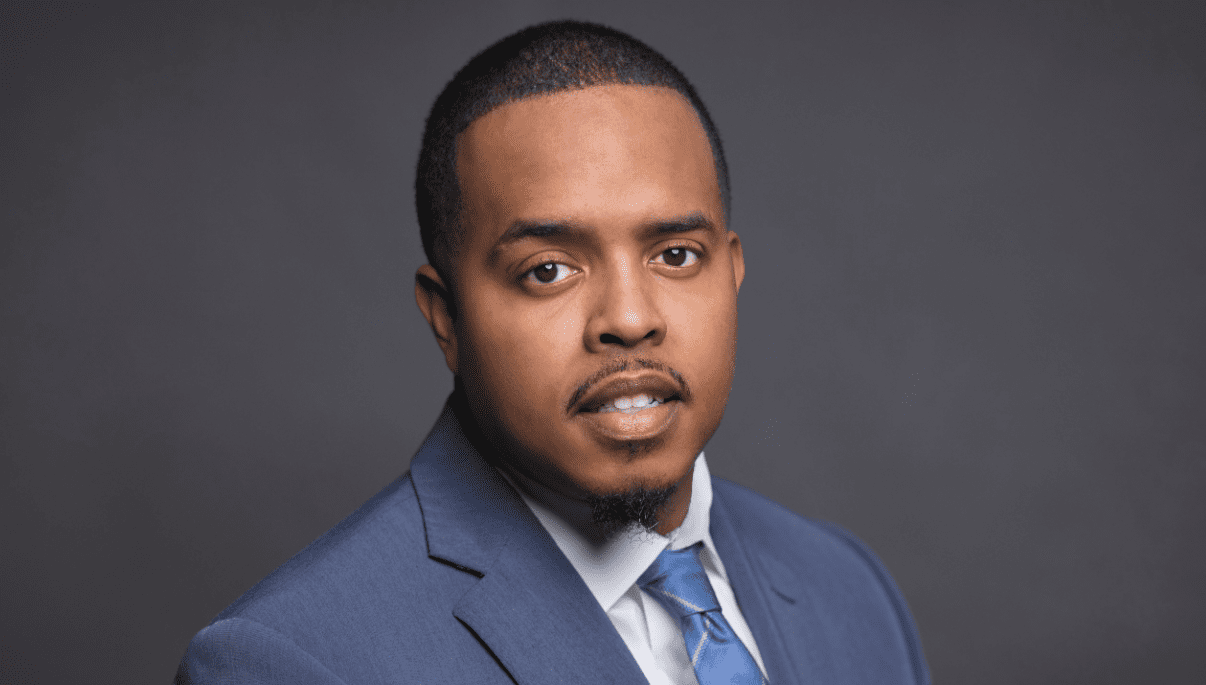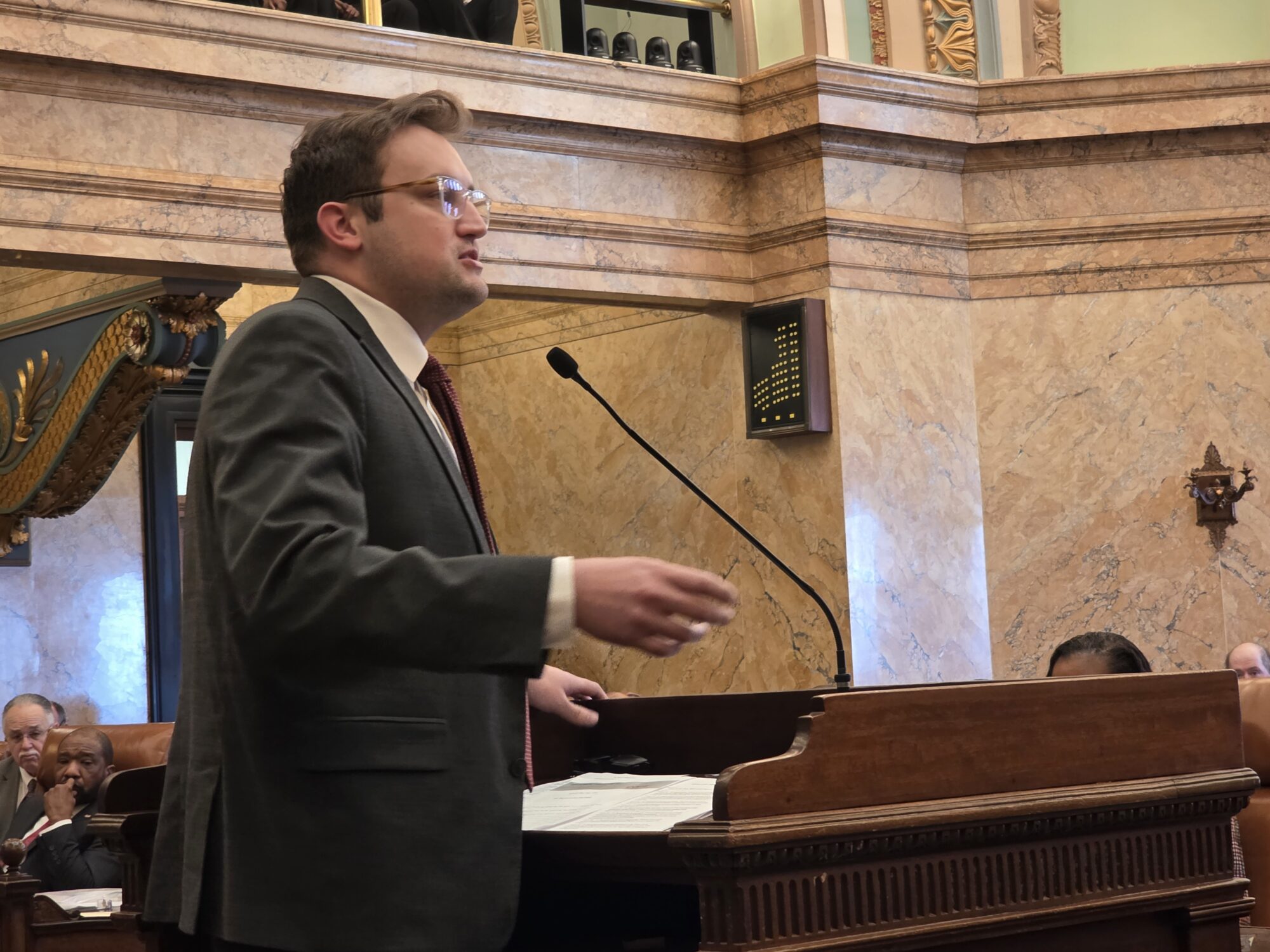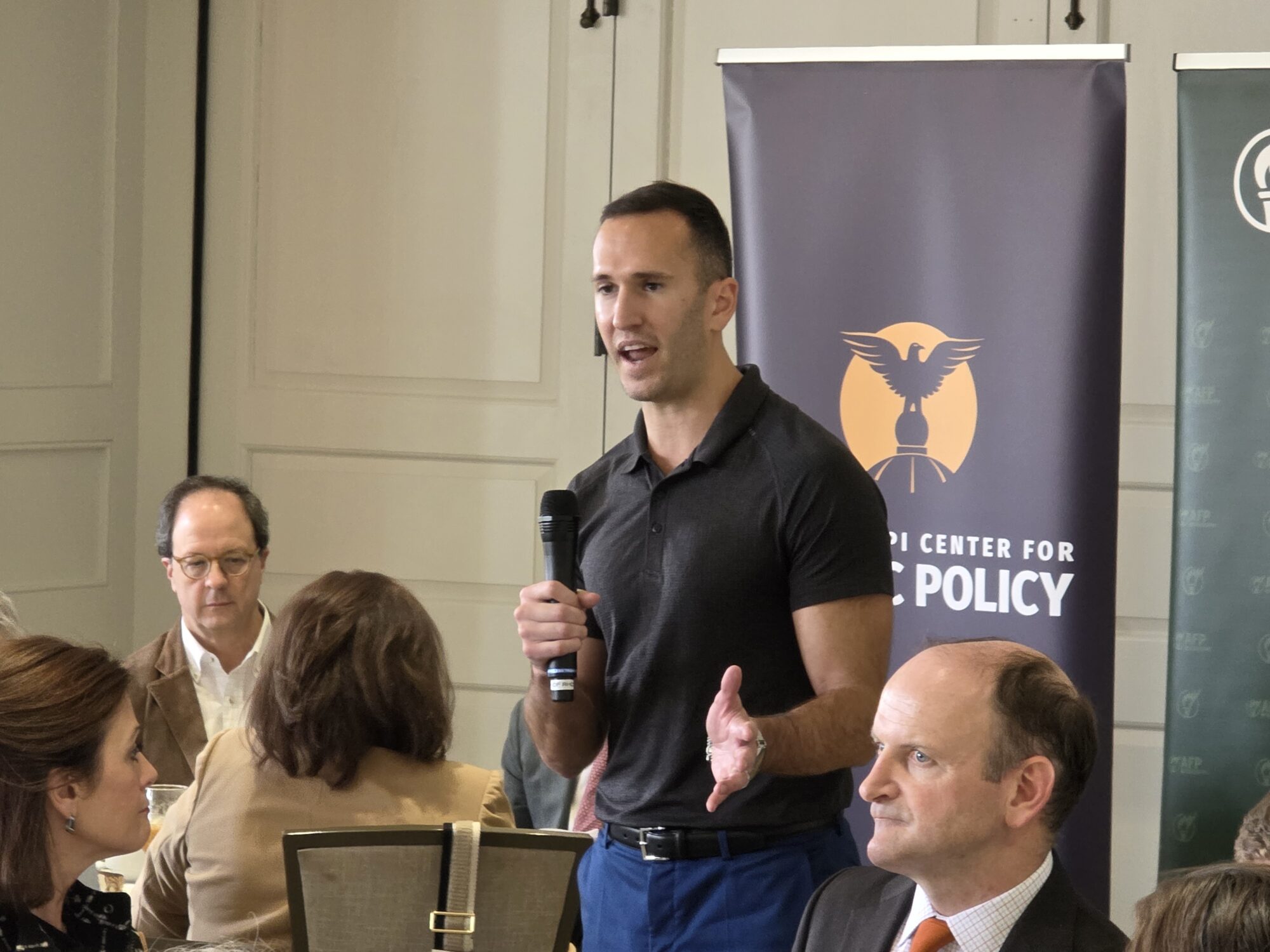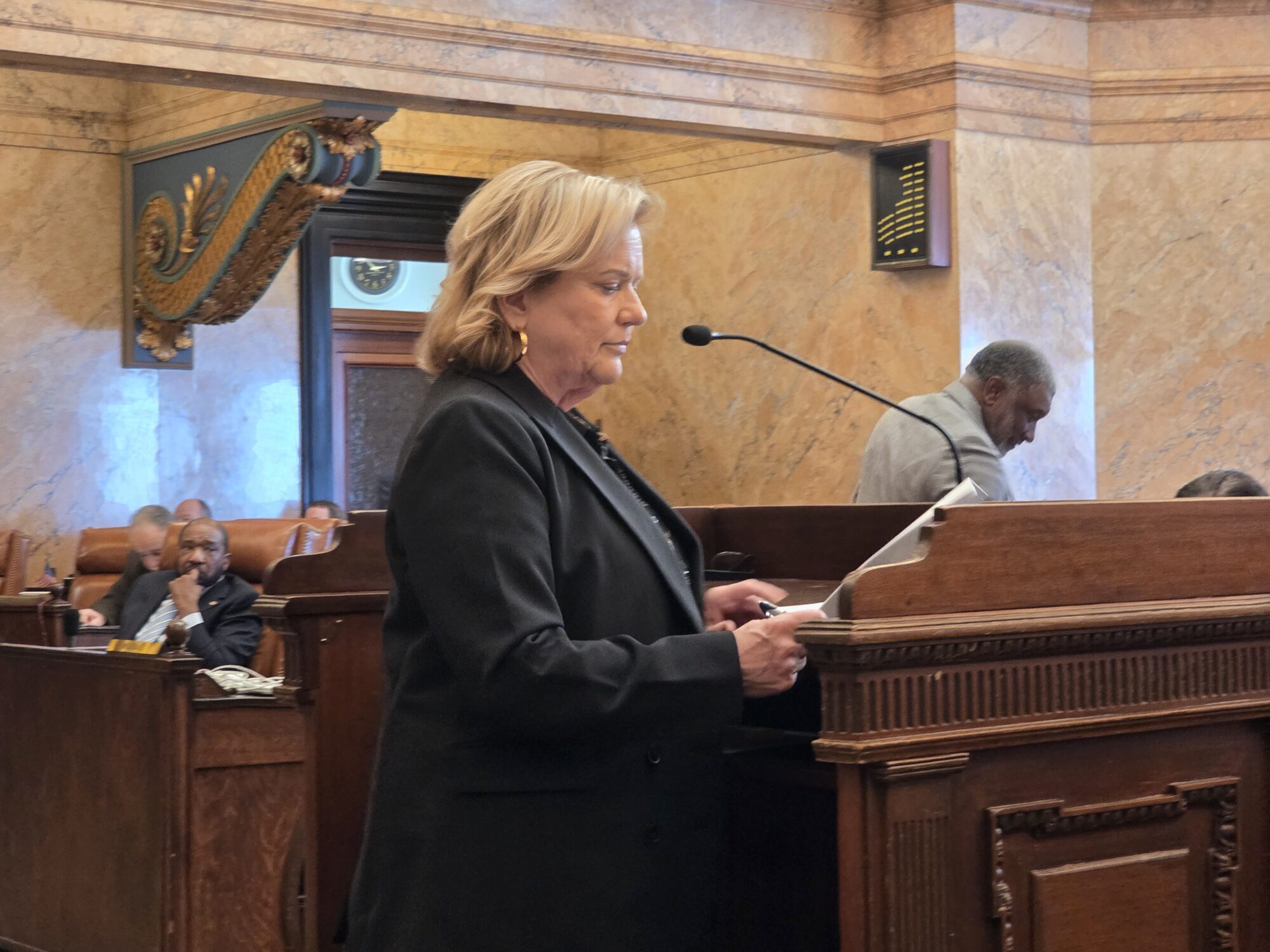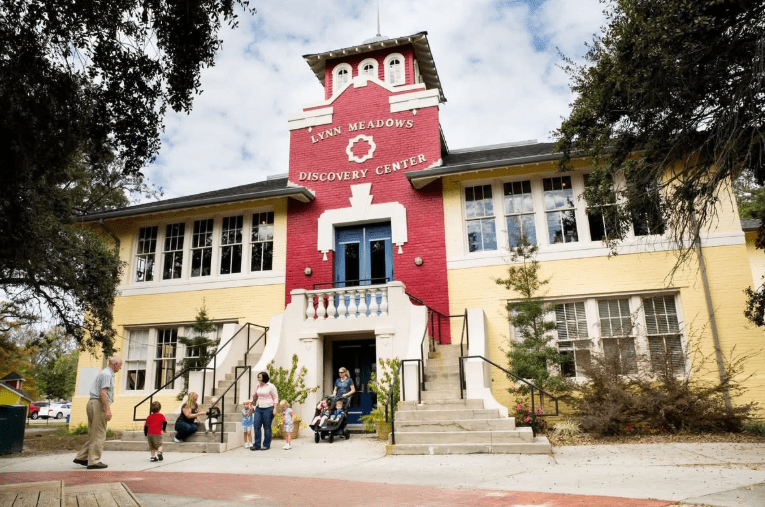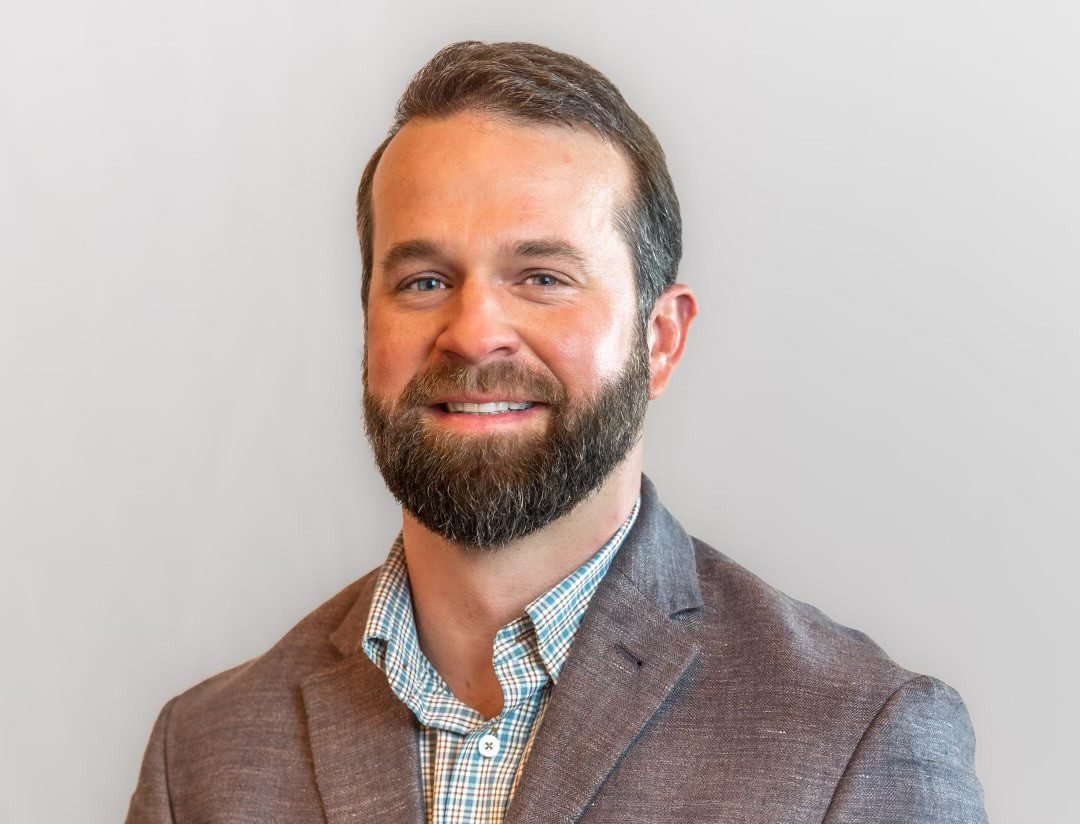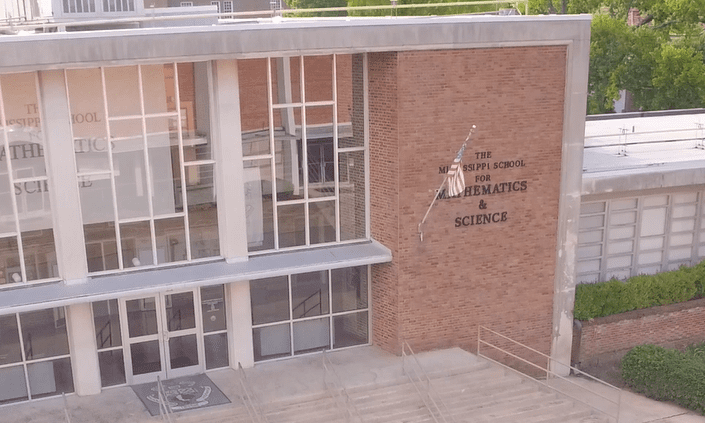
Mississippi School for Mathematics and Science
- Local funds do not follow students when they are accepted to the Mississippi School for Mathematics and Science.
Administrators at the Mississippi School for Mathematics and Science (MSMS) addressed the State Board of Education last week to cover several changes they believe would benefit the school and its students.
MSMS Executive Director Ginger Tedder spoke to the need for building maintenance as well as additional appropriations and scholarship opportunities for the students.
MSMS is geared toward gifted students in 10th to 12th grade who meet certain criteria, such as a high GPA in math and science, high ACT score, and other considerations.
The school’s budget is being outpaced by operational expenses, Tedder told the Board. This year, MSMS has a total of 232 students, all of which are state residents. The school currently operates out of four buildings on the campus of the Mississippi University for Women that total more than 150,000 square feet. Tedder described how most of those facilities were constructed in the 1960s, with some dating back as far as the 1950s and one to 1929.
The age of the facilities means MSMS is constantly addressing mechanical issues, many of which are original to the respective facilities. MSMS currently pays a $113,000 annual maintenance fee to MUW.
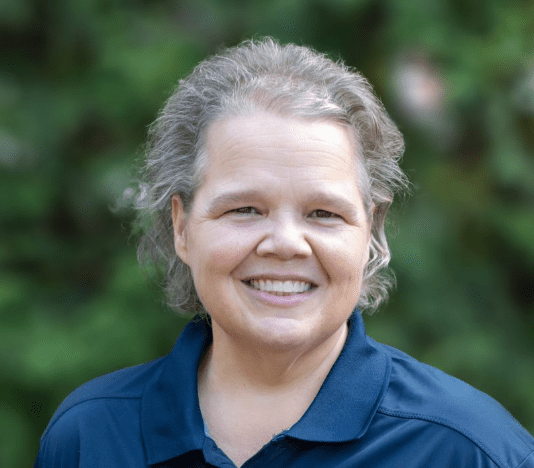
In an effort to keep the facilities operational and presentable, the state has invested $7.8 million in facility projects since 1994. One of the largest investments involved a $1.2 million upgrade to the residential hall bathrooms in 2024.
“Things look very nice on the outside, curb appeal does matter, first impressions are important, but we have significant mechanical issues in some of our facilities that we use,” Tedder explained.
The need for more appropriations is compounded by the fact local funds do not follow the student when they are accepted to MSMS.
Of the 232 students currently enrolled, 190 came from a public school, with the rest coming from other education backgrounds.
“We also have avenues from private and from home school, but when they start at MSMS they all become public school students,” Tedder described.
As such, Tedder told the Board she would like to have conversations about the Mississippi Student Funding Formula and how it relates to MSMS.
State Superintendent Dr. Lance Evans informed the Board that the Mississippi Department of Education plans to have discussions with the Legislature prior to the coming session on that topic.
“But the local dollar would stay, no one would ever try to take any local dollars,” Evans explained.
He added that even though the district does not fund that student’s education while at MSMS, they benefit from that student’s assessment scores.
According to information Tedder presented to the Board, MSMS receives less in appropriations compared to neighboring states with similar student counts. The appropriation to MSMS was $6.1 million for 232 students for the fiscal year. Arkansas appropriated $34 million for 251 students at its STEM school while in neighboring Louisiana $15.7 million was appropriated for 284 students at a similar school.
Other issues Tedder discussed in her presentation to the Board included the need to revisit the school’s memorandum of understanding with the Mississippi University for Women to clear up gray areas in facility responsibilities. In addition, Tedder said there was the need to receive a Local Education Agency designation to allow for grant applications. Increased scholarship opportunities for students to in-state universities was also a need for MSMS students, she said.
Since the school does not have a class ranking system, students miss out on the scholarship opportunities, such as those offered to salutatorians and valedictorians, said MSMS Director for Academic Affairs Thomas Easterling. As a result, only about 55 percent of the school’s students stay within the state to attend a university. He said that is a shame since students at MSMS are uniquely suited for college.
“And they are certainly learning how to live independently, how to manage a college pace, a college schedule,” Easterling added. “They’re doing many things that college students do and I would argue they are supremely well prepared for the college experience.”
